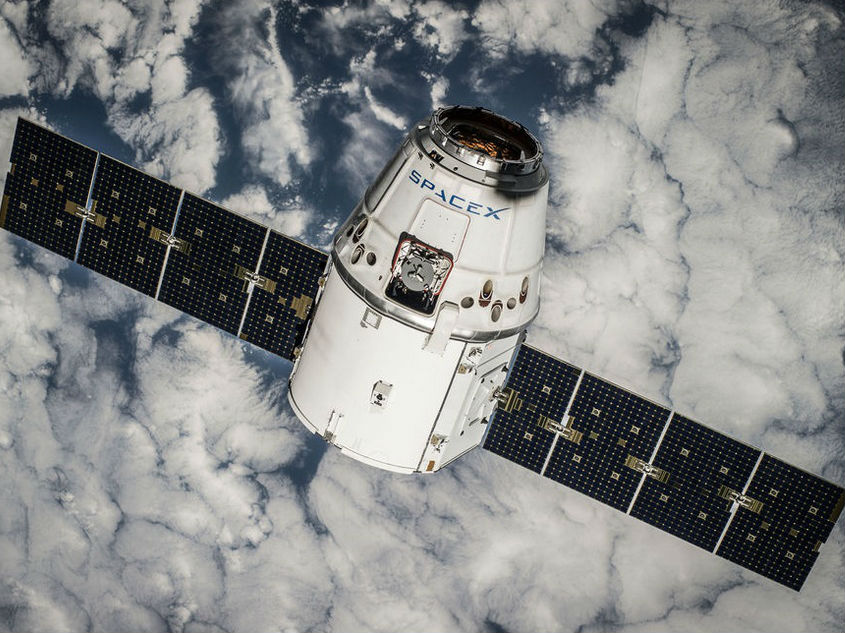SpaceX Satellite Broadband on the Move After FCC Decision
Elon Musk’s firm can use satellites to deliver on-the-go service to planes, boats and automobiles

The smarter way to stay on top of the multichannel video marketplace. Sign up below.
You are now subscribed
Your newsletter sign-up was successful
The Federal Communications Commission has granted the application of Elon Musk's Starlink (SpaceX) satellite broadband company to deliver consumer and business broadband access to planes, boats and automobiles.
But the regulator said SpaceX must accept any interference from incumbent or future users of the 12-GHz band — and there will likely be a few of those — and can cause no interference of its own to those services.
SpaceX had argued that granting the application would allow it to provide high-quality, low-latency broadband service while still complying with FCC rules and spectrum protections. The FCC appeared to be convinced, saying it agreed with SpaceX that it would be in the public interest to do so. The agency also approved a related on-the-go broadband petition by another satellite broadband provider, Kepler.
The FCC is encouraging low-earth-orbit geostationary satellite broadband systems as competition to existing internet service providers and as a way to reach places too uneconomical for wired ISPs to serve.
SpaceX had applied to deliver service on the go using the 12-GHz band for receive stations. SpaceX is currently trying to dissuade the FCC from allowing that satellite band to be shared with terrestrial wireless 5G, arguing it poses an unacceptable interference risk.
Dish Network, among a handful of others, had opposed the applications saying that neither SpaceX nor Kepler could show that their operations could comply with FCC rules. But the FCC said, “We agree with SpaceX and Kepler that their proposed … operations on an unprotected, nonharmful interference basis in the 12 GHz band will not materially impact the interference environment in that band.”
The FCC did impose some conditions. “These services, never before available, promise the potential for expanding reach to remote and rural areas and facilitating higher quality broadband services in the air, on the road, and on the water,” the commission said, adding, “We recognize, however, that the introduction of a potentially significant number of additional end users could affect the 12 GHz spectrum environment.”
The smarter way to stay on top of the multichannel video marketplace. Sign up below.
Those conditions include that the authorization is granted on a “non-interference protected” basis, meaning it must take an interference punch, as explained above, but cannot dish one out. The FCC said the applications are subject to changes depending on how it finally resolves the 12-GHz 5G/WiFi sharing proceeding. ▪️
Contributing editor John Eggerton has been an editor and/or writer on media regulation, legislation and policy for over four decades, including covering the FCC, FTC, Congress, the major media trade associations, and the federal courts. In addition to Multichannel News and Broadcasting + Cable, his work has appeared in Radio World, TV Technology, TV Fax, This Week in Consumer Electronics, Variety and the Encyclopedia Britannica.

